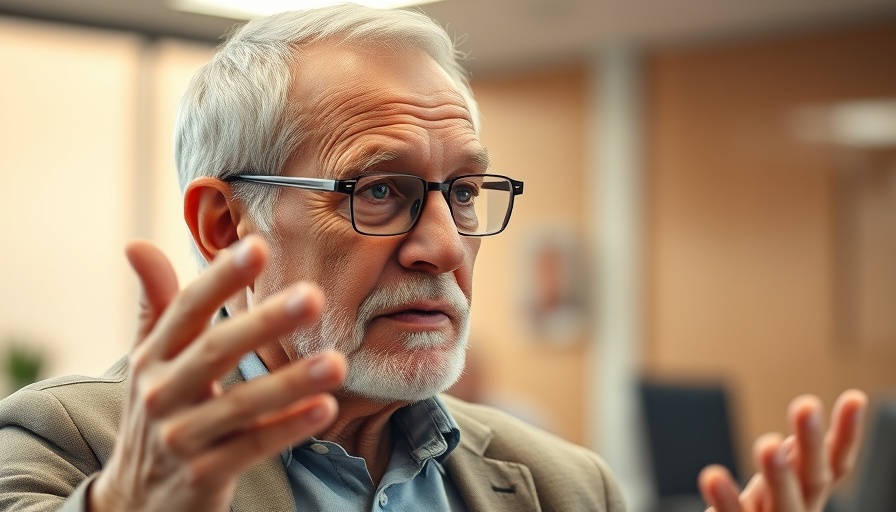
From Chess Prodigy to AI Pioneer
Demis Hassabis, the CEO of Google DeepMind, transformed from a childhood chess champion to a significant figure in the world of artificial intelligence (AI), eventually winning the Nobel Prize in Chemistry. His story is not just about personal success but reflects how passion drives innovation and technological advancement.
The Early Life of a Thinker
Hassabis, who began playing chess at age four, quickly ascended the ranks to become a master by his teenage years. He was not merely playing chess; he was exploring the mental mechanics behind strategy. This early engagement with deep thinking laid the foundation for his later work in AI. His intrigue was piqued not only by mastering chess moves but by understanding the cognitive processes behind creating such strategies.
Discovering Programming Through Chess
His first encounter with programming occurred through an electronic chess computer, which fascinated him more than the game itself. This pivotal moment got Hassabis thinking about how inanimate objects could be programmed to exhibit intelligent responses. The thrill of working with technology ignited his passion for AI, leading him to experiment with programming on an Amiga 500 in his teens.
Innovations in AI: A Journey to Nobel Recognition
In 2010, Hassabis co-founded DeepMind, which Google acquired for $500 million in 2014. His groundbreaking algorithm, AlphaZero, revolutionized chess playing, enabling AI to beat human champions after just four hours of self-play. But the crowning achievement came with the development of AlphaFold2, allowing scientists to predict protein structures swiftly, a breakthrough with profound implications for drug development and healthcare.
Impact on Drug Development and Future Perspectives
Hassabis emphasized in a recent lecture how AI is changing drug discovery, aiming to reduce the massive time and financial investments typically associated with developing new drugs—averaging ten years and costs ranging from $314 million to $2.8 billion. By making protein structure data accessible globally, Hassabis has set the stage for rapid advancements in combating diseases like Parkinson's and addressing antibiotic resistance.
Conclusion: The Intersection of Passion and Technology
Demis Hassabis's journey highlights the importance of nurturing curiosity in technological pursuits. For entrepreneurs and self-employed individuals, his success serves as a reminder that passion can propel innovation forward. As interest in AI continues to evolve, understanding its implications for various industries, including jobs in Detroit startups and Cleveland job creation, becomes increasingly vital.
As we navigate the changing landscape of technology and employment, it’s crucial to explore how these advancements can create new opportunities within communities. Whether you’re part of Buffalo's thriving self-employment scene or engaged in Toronto business development, there’s a role for you in this futuristic narrative. Join the dialogue by engaging with local innovations and job success stories around the Great Lakes region!
 Add Row
Add Row  Add
Add 




Write A Comment